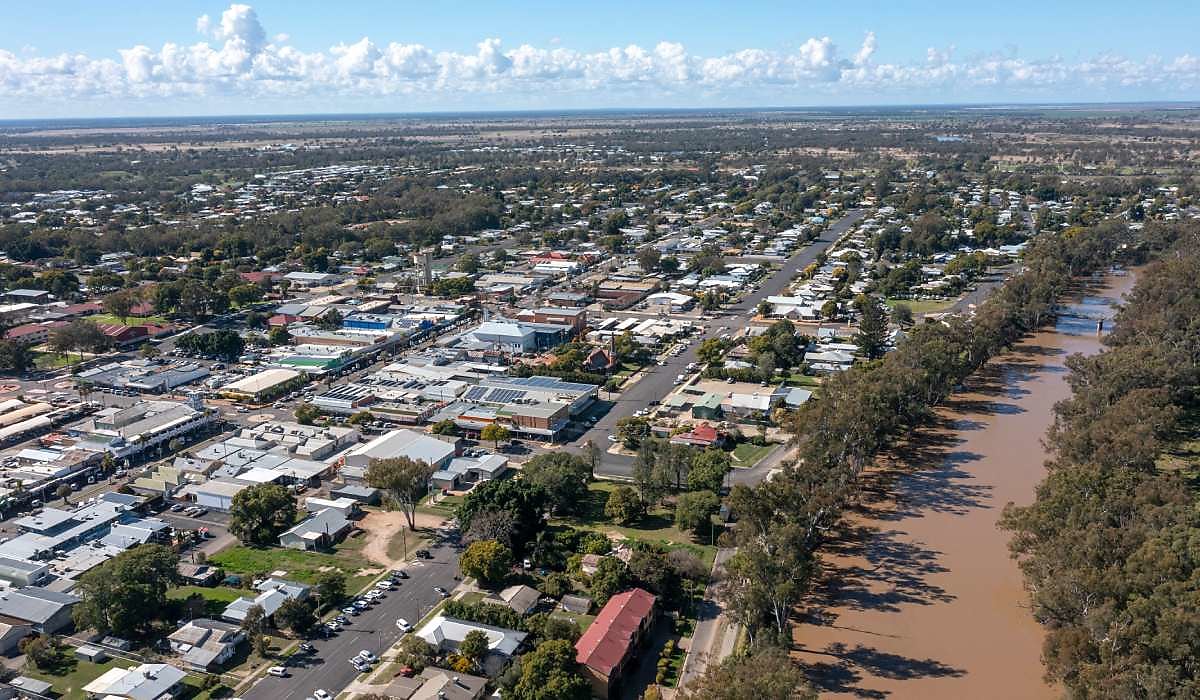Slashed fees position Qld’s tightest rental market for ‘turnaround’, state body says
The Real Estate Institute of Queensland (REIQ) lauded the recent introduction of measures seen to increase supply in a region considered to be the epicentre of the state’s ongoing rental crisis.

In a move to incentivise multi-dwelling construction, the Goondiwindi Regional Council (GRC) introduced a year-long rebate for all council fees and charges associated with building such as units, townhouses, duplexes and granny flats.
REIQ chief operating officer Dean Milton said the council’s move to lower construction costs could help fast-track the addition of much-needed new housing supply to Goondiwindi’s market, which currently has the lowest vacancy rate across Queensland.
“With the Goondiwindi region hovering barely above the ‘no vacancy’ line at just 0.1 per cent for the past two quarters, it’s welcome news to see council acting to remove financial barriers to new housing supply,” Mr Milton said.
He highlighted that the institute had been pushing for innovative ways to incentivise investors to bring more housing supply to market, both in the short and long term.
“In this vein, we recently welcomed the state government opening up renting granny flats to a separate household and similarly, it’s pleasing to see GRC trying a carrot (rather than a stick) approach to maximise new housing opportunity in a targeted way,” he said.
As part of discussions at the Queensland Housing Roundtable held at the end of September, the state government has detailed plans to remove restrictions on people who can live in secondary dwellings.
Legislation currently dictates that home owners can’t rent secondary dwellings, such as granny flats.
But since many home owners do have secondary dwellings built for family members who have since moved out, and especially considering many Queenslanders find themselves sleeping in their cars or tents, Deputy Premier and minister for planning Steven Miles stated during that time that “it just makes sense to allow existing accommodation to be occupied by someone other than a relative”.
The changes were welcomed by the REIQ president Antonia Mercorella, calling it an “innovative approach by the state government”.
“We know finding immediate solutions is very challenging in the current market given the backdrop of a construction crisis, so the ability to open up the option of granny flats to people outside of immediate family members is a great way we can make a considerable difference today,” she said in the wake of the announcement.
Highlighting other moves within the state to tackle the rental issue at hand. Mr Milton also lauded the introduction of new secondary dwelling infrastructure charges from February 2023 by the Logan City Council that will match the charges for auxiliary units in the region.
The REIQ executive highlighted that the measure will ease the pressure in yet another region experiencing tight rental vacancy rates.
“Logan’s vacancy rate is 0.7 per cent, which is still a far cry from what we consider ‘healthy’ at 2.6 [to] 3.5 per cent,” Mr Milton said.
He also reiterated REIQ’s stance that the government should look into opportunities to attract and not deter investors from entering the rental market.
“Our view is that introducing new fees acts as a deterrent for property owners to bring secondary dwellings to the rental market, and is contrary to the intention of the amended regulations for granny flats.
“Private investors are playing a really vital role, housing a significant proportion of the community, and there’s opportunity for the government to do more to encourage and incentivise that,” he concluded.
